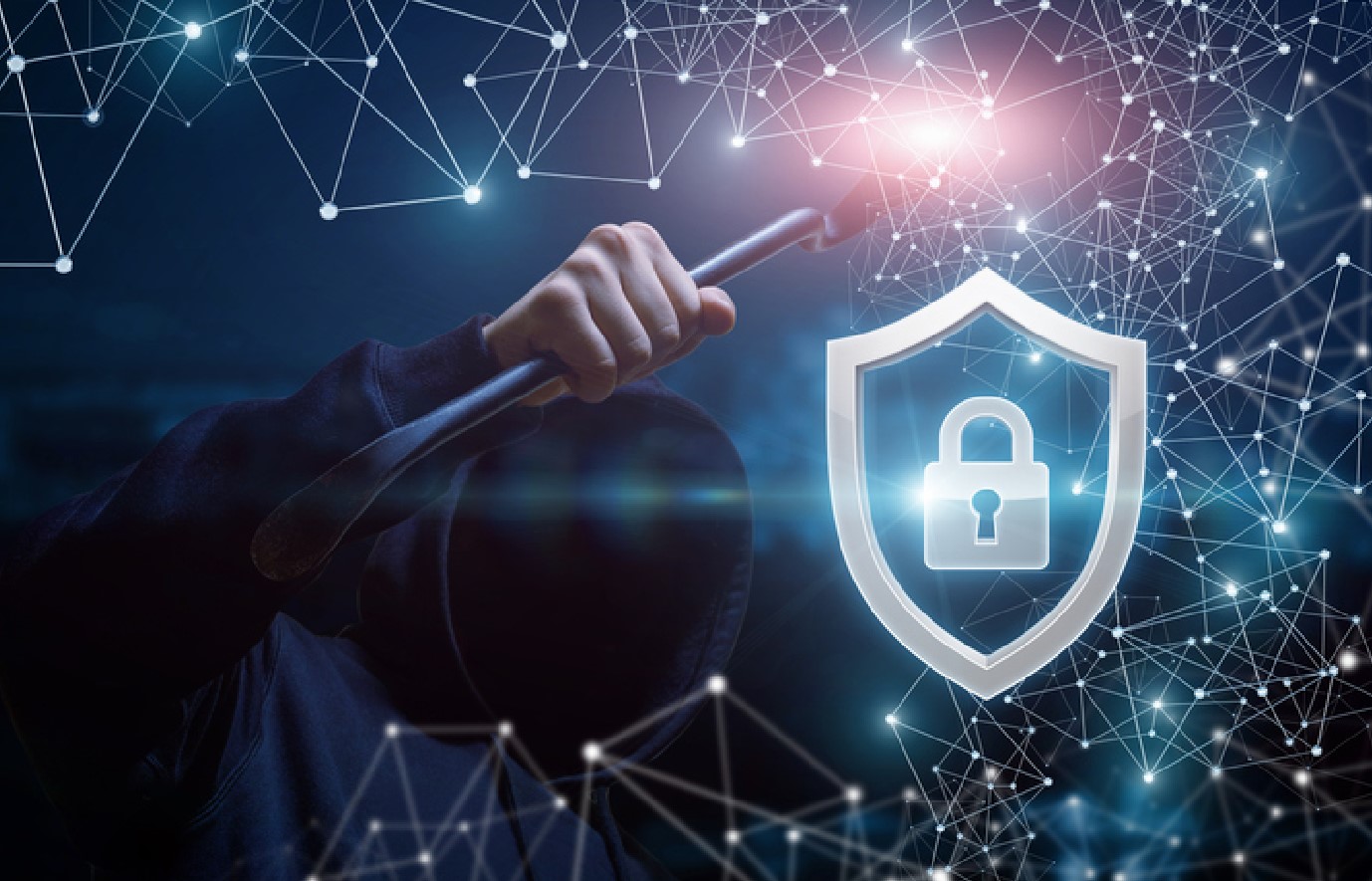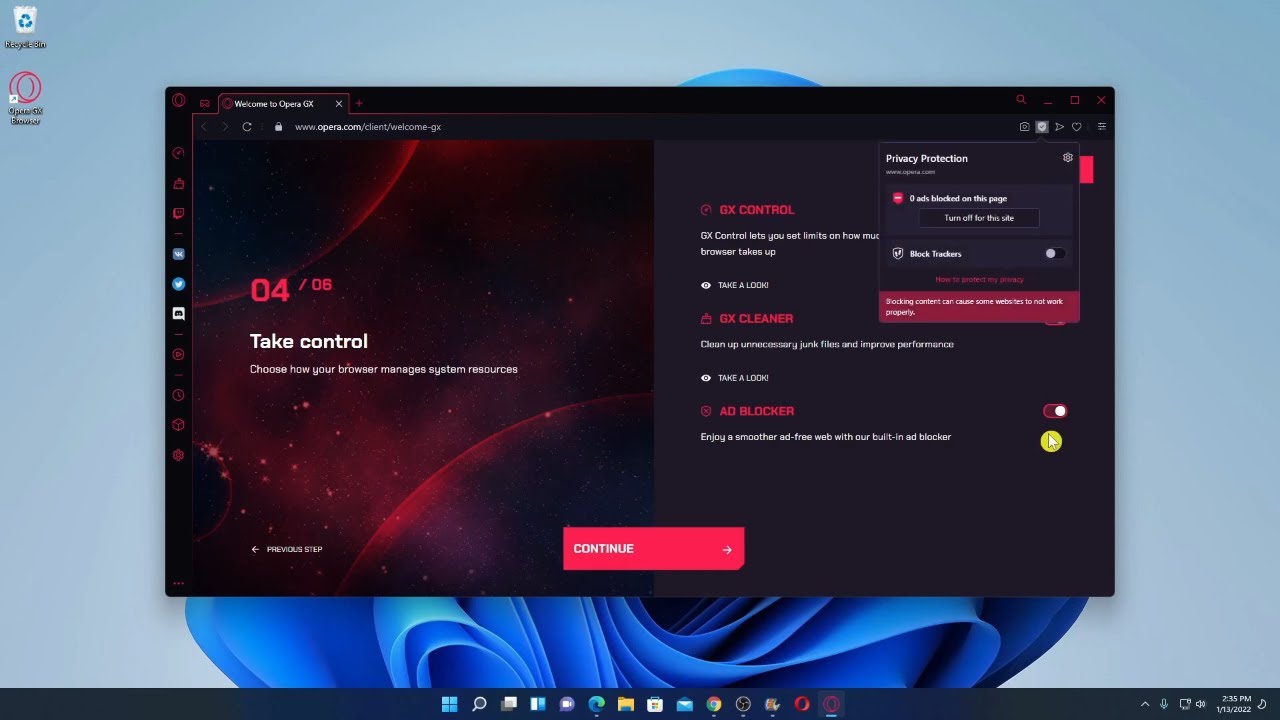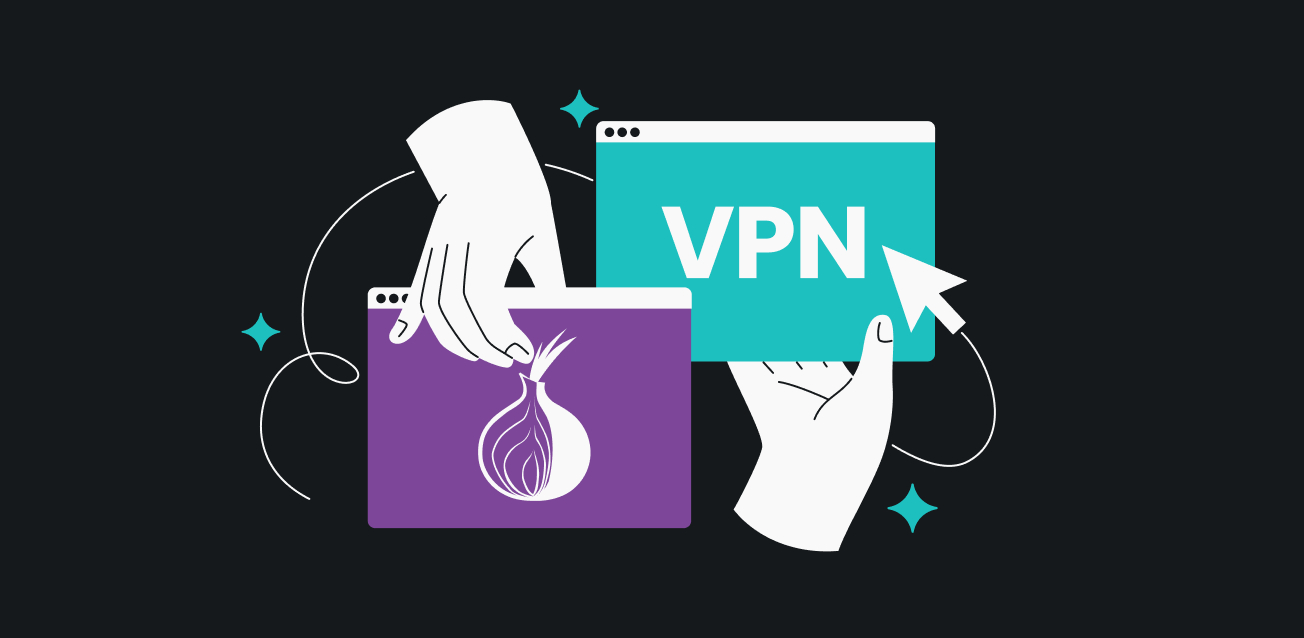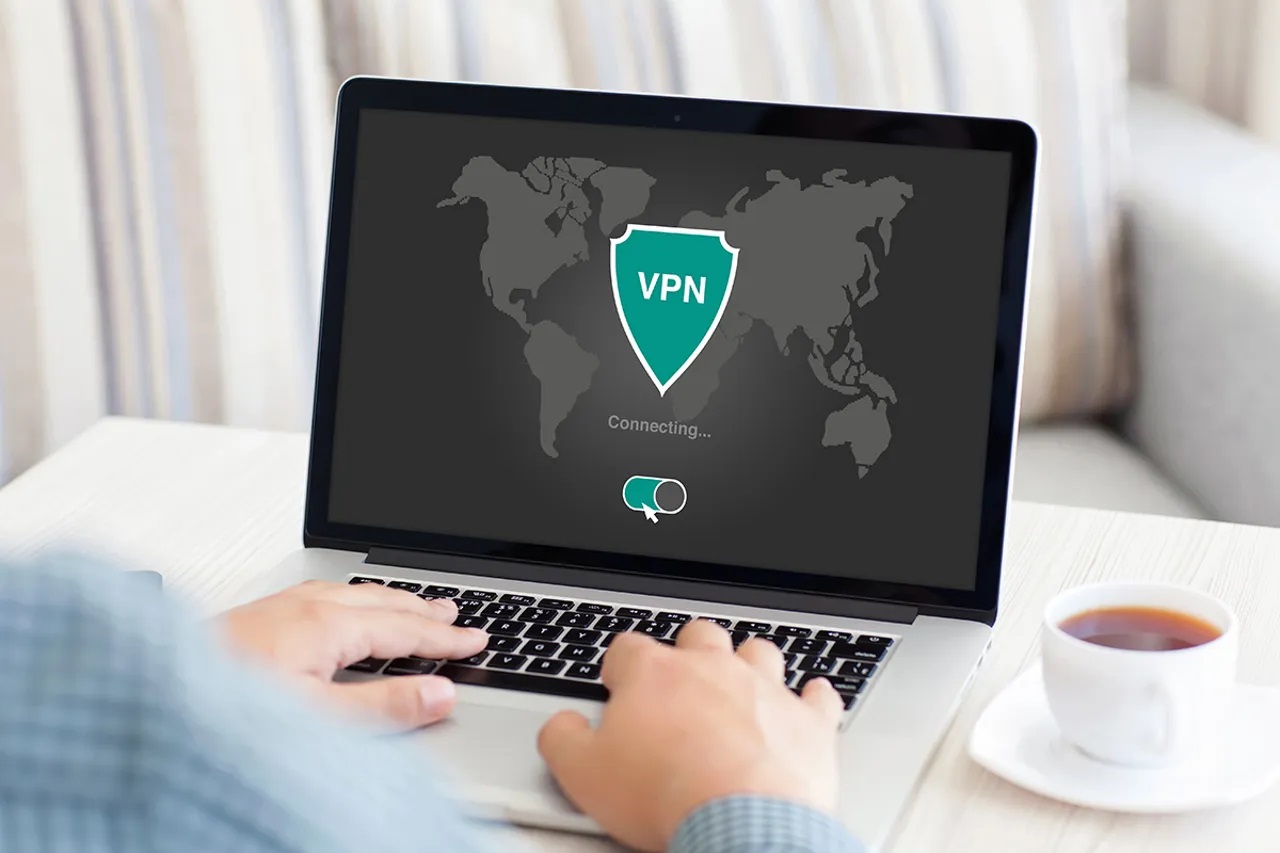Home>Software and Apps>Enhancing Online Privacy with VPN Technology


Software and Apps
Enhancing Online Privacy with VPN Technology
Modified: September 5, 2024
Protect your online privacy with top-rated VPN software and apps. Safeguard your data and browse securely with our VPN technology.
(Many of the links in this article redirect to a specific reviewed product. Your purchase of these products through affiliate links helps to generate commission for Techsplurge.com, at no extra cost. Learn more)
Table of Contents
Understanding VPN Technology
In today's digital age, online privacy has become a pressing concern. With the increasing number of cyber threats and data breaches, individuals and organizations are seeking ways to protect their sensitive information. One of the most effective methods for enhancing online privacy is through the use of Virtual Private Network (VPN) technology.
What is a VPN?
A VPN, or Virtual Private Network, is a service that creates a secure and encrypted connection between your device and a VPN server. This connection masks your IP address, making it difficult for third parties to track your online activities. Essentially, a VPN acts as a tunnel between your device and the internet, ensuring that all data transmitted through this tunnel remains private and secure.
How Does a VPN Work?
The process of using a VPN is relatively straightforward. Here’s a step-by-step explanation:
- Connection Establishment: When you connect to a VPN, your device establishes a secure connection with the VPN server. This connection is typically encrypted using protocols like OpenVPN, L2TP/IPSec, or PPTP.
- IP Address Masking: Once connected, your device’s IP address is masked by the VPN server’s IP address. This means that any website or service you visit will see the VPN server’s IP address instead of your actual IP address.
- Data Encryption: All data transmitted between your device and the VPN server is encrypted. This encryption ensures that even if someone intercepts your data, they won’t be able to read it without the decryption key.
- Secure Tunnel: The encrypted data is then transmitted through a secure tunnel, which is essentially a virtual path that your data takes to reach its destination. This tunnel is protected by the encryption and the secure connection established earlier.
Benefits of Using a VPN
Using a VPN offers numerous benefits, making it an essential tool for anyone concerned about online privacy:
- Anonymity: By masking your IP address, a VPN provides anonymity online. This means that websites and services cannot track your location or identify you based on your IP address.
- Data Encryption: The encryption provided by a VPN ensures that all data transmitted through the secure tunnel remains confidential. This is particularly important when using public Wi-Fi networks, which are often vulnerable to hacking.
- Protection Against Cyber Threats: VPNs protect against various cyber threats such as hacking, phishing, and malware. By encrypting your data, a VPN makes it difficult for hackers to intercept and exploit your personal information.
- Access to Geo-Restricted Content: Many streaming services and websites restrict content based on geographical location. A VPN allows you to bypass these restrictions by making it appear as though you are accessing the content from a different country.
- Improved Security for Remote Workers: For remote workers, using a VPN is crucial for maintaining the security of company data. By encrypting all data transmitted through the VPN, remote workers can ensure that their activities are not compromised.
Types of VPNs
There are several types of VPNs available, each with its own set of features and benefits:
- Consumer VPNs: These are the most common type of VPN and are designed for individual use. They are available as software applications that can be installed on various devices such as computers, smartphones, and tablets.
- Business VPNs: These are designed for organizations and provide more advanced features such as multi-user support, centralized management, and enhanced security protocols.
- Free VPNs: Free VPNs are available but often come with limitations such as data caps, slower speeds, and fewer servers. They may also collect user data for advertising purposes.
- Paid VPNs: Paid VPNs offer better performance, more servers, and advanced features. They are generally more secure and reliable than free VPNs.
- Open-Source VPNs: Open-source VPNs are developed by communities and are often free to use. They provide transparency as the source code is available for review, which can be beneficial for security-conscious users.
- Mobile VPNs: Mobile VPNs are specifically designed for mobile devices and offer features such as automatic connection when a device connects to a new network.
Read more: Decentralized VPN: Empowering Online Privacy
How to Choose the Right VPN
Choosing the right VPN can be overwhelming with so many options available. Here are some factors to consider when selecting a VPN:
- Security Features: Look for VPNs that use strong encryption protocols such as AES-256 and OpenVPN. Ensure that the VPN has a no-logs policy to protect your privacy.
- Server Locations: A VPN with multiple server locations can provide better performance and access to geo-restricted content.
- Speed: Check the VPN’s speed performance to ensure it does not significantly slow down your internet connection.
- User Interface: A user-friendly interface can make it easier to manage your VPN settings and connect to different servers.
- Customer Support: Good customer support is essential in case you encounter any issues with the VPN.
- Price: Compare the prices of different VPNs to find one that fits your budget. Keep in mind that cheaper options may come with limitations.
- Reviews and Ratings: Read reviews from other users to get an idea of the VPN’s performance and reliability.
Popular VPN Providers
Several VPN providers stand out for their reliability, security, and features. Here are some of the most popular ones:
- ExpressVPN: Known for its fast speeds and strong encryption, ExpressVPN is a popular choice among users. It offers a user-friendly interface and excellent customer support.
- NordVPN: NordVPN is another highly-regarded VPN provider that offers advanced security features and a large number of servers. It also supports multiple protocols and has a strict no-logs policy.
- ProtonVPN: ProtonVPN is a secure and reliable option that offers a free version with limited features. It is known for its strong encryption and transparent policies.
- TunnelBear VPN: TunnelBear VPN is user-friendly and offers a free version with limited data. It is known for its cute bear mascot and easy-to-use interface.
- Private Internet Access (PIA): PIA is a budget-friendly option that offers a large number of servers and strong encryption. It also supports multiple protocols and has a no-logs policy.
Additional Resources
For those interested in learning more about VPNs and online privacy, here are some additional resources:
- Awesome Privacy: A curated list of privacy-focused software and services that includes a comprehensive guide to VPNs and other privacy tools.
- Mozilla VPN: Mozilla offers a VPN service that is designed to provide strong encryption and protect user data. It is a good option for those looking for a reliable and secure VPN.
- VPN Comparison Guides: Websites like PCMag and CNET offer detailed comparison guides for various VPN providers, helping users make informed decisions about which VPN to use.
- Online Privacy Guides: Websites like DuckDuckGo and Qwant provide extensive guides on online privacy, including tips on how to use VPNs effectively.
By leveraging these resources and understanding the importance of online privacy, you can take significant steps towards protecting your digital footprint in today’s interconnected world.















